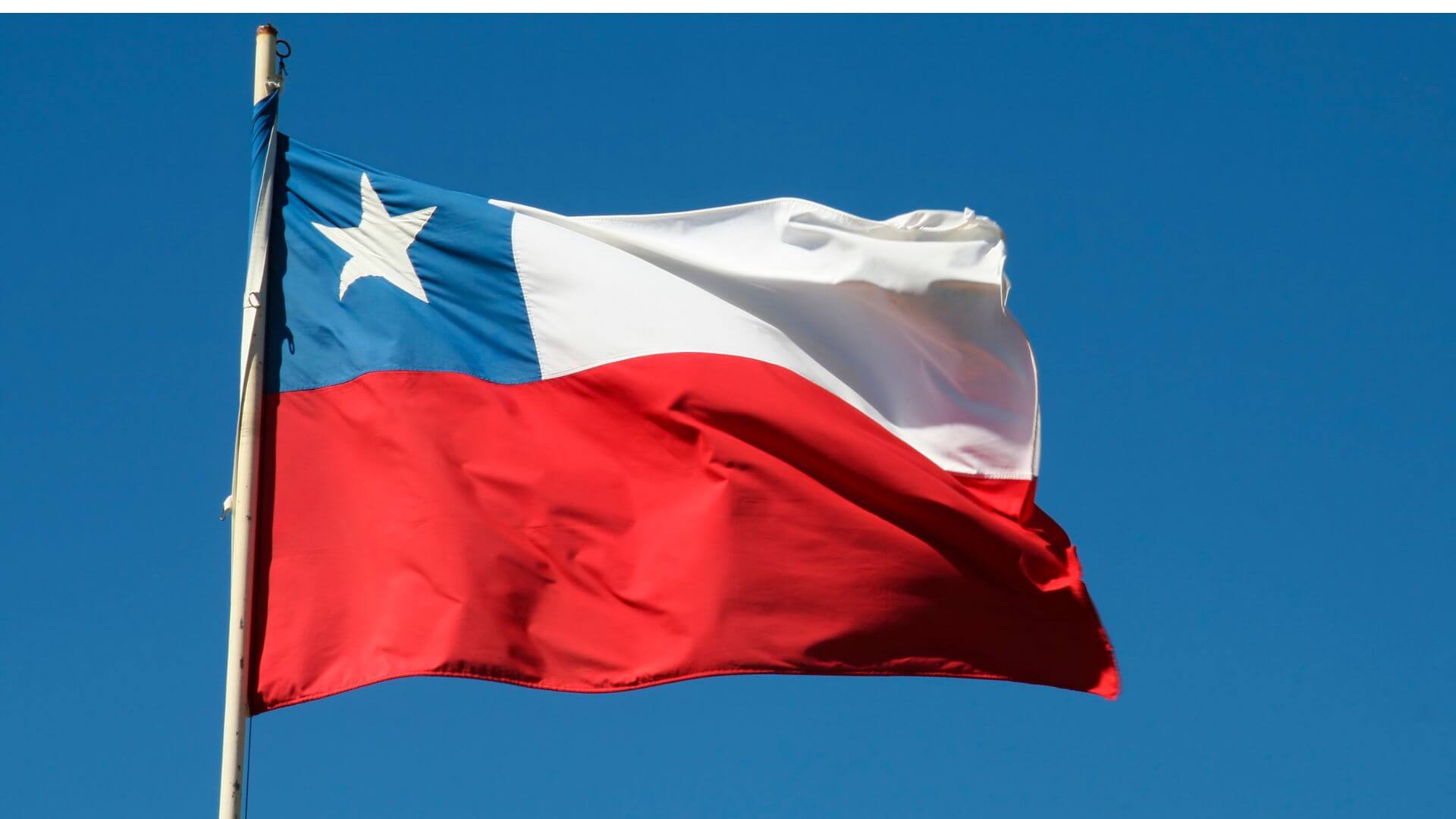
On April 4, the School of Public Policy kicked off its Norman and Florence Brody Family Foundation Public Policy Forum speaker series for 2022. The first event featured a discussion with Krish O'Mara Vignarajah, the president and CEO of Lutheran Immigration and Refugee Service (LIRS), on her career in both the government and nonprofit sectors and current trends in immigration policy.
Through her experience as a nonprofit executive and senior in the White House and State Department, Vignarajah offered significant insights into the challenges and opportunities provided by both sectors. As a government leader, she recalls immense influence and ample resources to address policy issues. However, she encountered much greater bureaucratic and political limitations compared to her current work in the nonprofit sector, in which she feels she is better able to “speak truth to power.” Her experiences in both the nonprofit and government spaces have fueled her passion for cross-sector collaboration.
“Our power [when working as Michele Obama’s policy director] was the power of persuasion,” says Vignarajah. “It was the power of partnerships, and that was a wonderful experience to learn, at the highest level, the value of public-private partnerships.”
Vignarajah also shared her current priorities in immigration policy. In her work, she has found negative, misinformed narratives at the root of nearly all immigration issues. When examining statistics and economic data, she sees some arguments, such as increased crime and unemployment as a result of immigration, do not hold up. Despite this, addressing false narratives surrounding the impact of immigration remains a prime challenge for policymakers working in this space.
“The general perception that is really so problematic is this ‘otherness,’” explains Vignarajah. “Unless you are part of the indigenous community or someone in your family was forced here through slavery, someone in your lineage made a decision to come to the United States. I think that’s where it’s important to understand the truth, which is that ‘they’ are ‘us.’”
The discussion also prompted a reflection on how new business models can be applied to policy issues to maximize impact. In her work, Vignarajah has seen that financial literacy and access to banking are prime obstacles for immigrants, with only a third of immigrants holding bank accounts. She is working to remedy this by creating a financial institution that can serve immigrant populations.
“Many people don’t appreciate that travel loans that refugees receive when traveling to the United States are actually loans that they need to repay,” says Vignarajah. “So, our theory is to help them build a credit score as soon as we can.”
As a final note of advice, Vignarajah urged current policy students to supplement their education with hands-on experiences in the field. As she completed her degrees, she recalled her internships as a prime building block for her career and an excellent tool to learn the realities of work within policy sectors.
“I think it’s important to empower students to really get internship experience and get their foot in the door,” says Vignarajah. “For me, that was an invaluable experience that I had as a student, and that’s how I made decisions on what to pursue.



